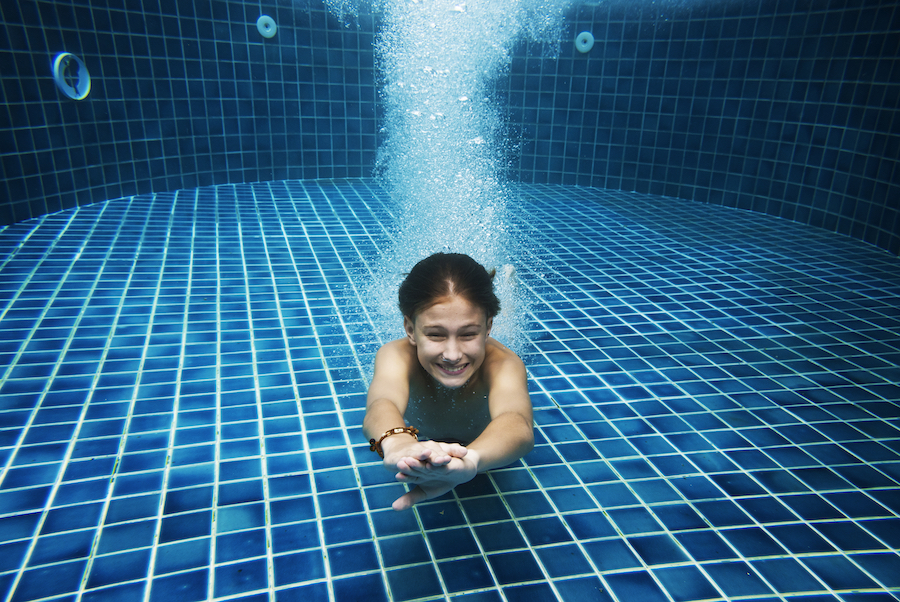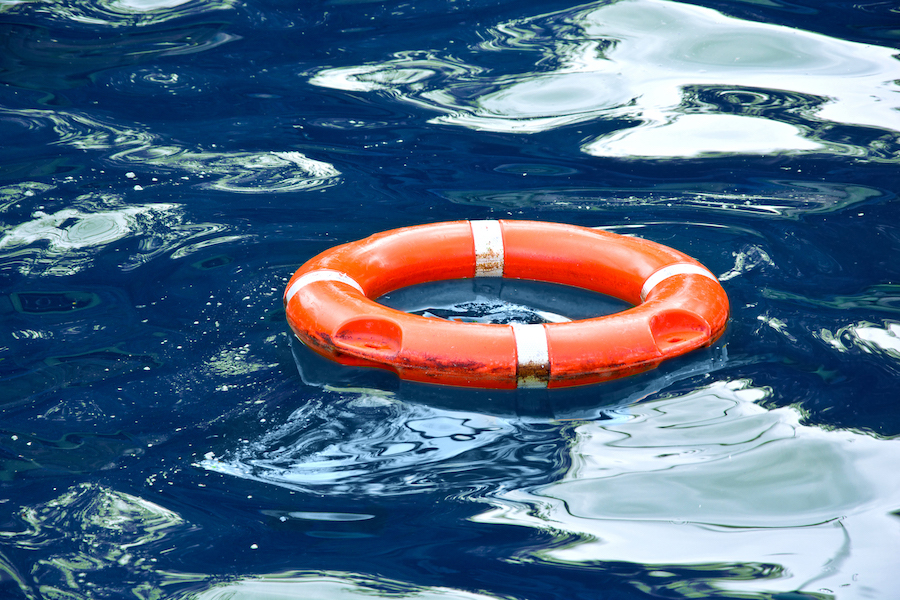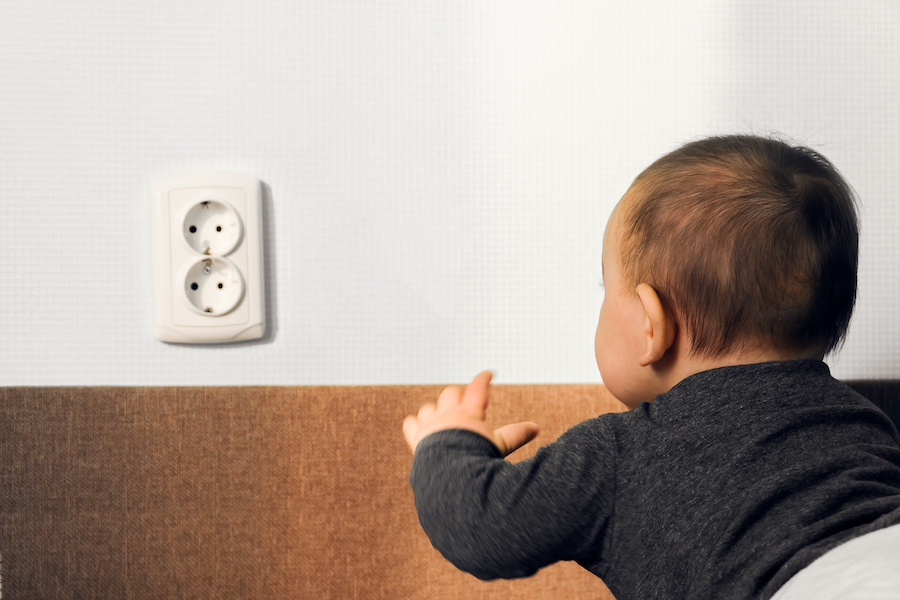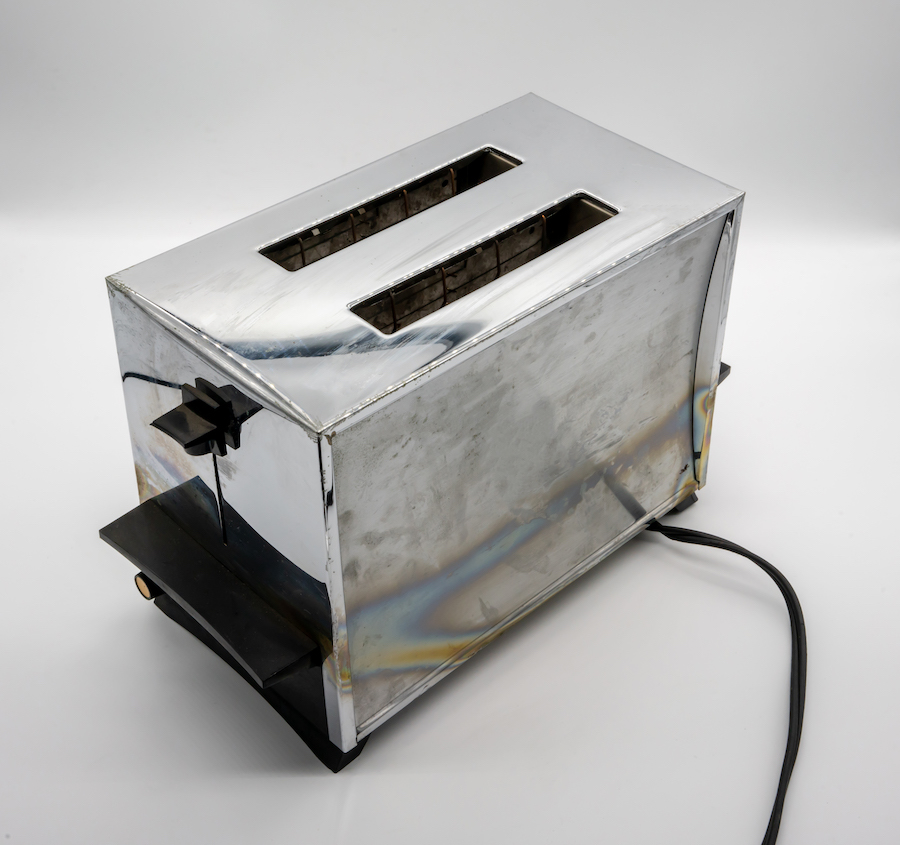Electric Shock Drowning (ESD) – each year people are injured or lose their lives because they are not aware of electric safety in the water and the dangers that exist.
A great number of people are unaware of electrical dangers that exist in their water surroundings.
ESD can occur when onboard or marina electrical systems release electric current into the water. The current travels through the body and causes paralysis. When this transpires, the person can no longer swim and this leads to drowning.
NFPA’s vice president of Outreach and Advocacy, Lorraine Carlie, recommends, “Before participating in water activities, have swimming pool equipment, hot tubs and spas, or your boat inspected by a qualified electrician; have them regularly maintained to ensure life-saving measures and protection systems are functioning properly during the summer and throughout the year.”
NFPA has several resources for swimmers, boat and pool owners; which include checklists, tip sheets, and more that can be downloaded. Find them here.
Tips for Boat Owners

- Avoid entering the water when launching or loading a boat. Docks or boats can leak electricity into the water causing water electrification, so do your best to avoid entering the water when loading a boat or launching.
- Have ground fault circuit interrupters (GFCI) installed on the boat. Test GFCIs monthly.
- Have your boat’s electrical system inspected by a qualified marine electrician to ensure it meets the required codes for your area and that of the American Boat & Yacht Council.
Tips for Swimmers

- Do you best to avoid swimming near a dock or marina or near a boat while it is running.
- Be aware of flickering or intermittent flashing of underwater lights in your pool, spa, or hot tub.
- Immediately stop swimming in your current directions if you feel a tingling sensation in the pool. Exit the water as quickly as possible, but avoid using metal ladders or rails – touching any metal increases your risk of shock.
Tips for Pool, Sauna, and Hot Tub Owners
- Have a qualified electrician inspect and replace/upgrade the electrical devices or equipment that keep your pool, spa or hot tub electrically safe. Be sure you know how to turn off all power in case of an emergency.
- Hire an experienced electrician in the special safety requirements for these types of installations to perform all wiring and inspections.
- Make sure overhead lines are a significant distance over a pool and other structures, such as a diving board. If you have any doubts, contact a qualified electrician or your local utility company to inspect.
O’Grady Companies cares about our customers and their safety. Remembering these electrical tips when it comes to summertime fun can prevent injury and even save a life. Knowledge and awareness are key and sharing these tips with your family members and others will benefit them as well.




